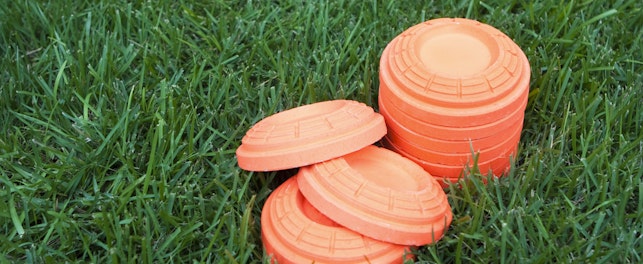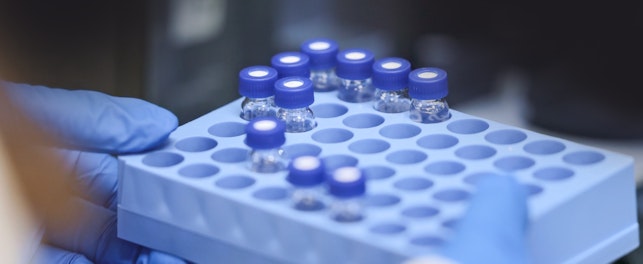SG 093.22
Multiple settlements have been reached for a variety of consumer goods containing Prop 65 chemicals. Many of these agreements allow a Prop 65 warning as an alternative.
California Proposition 65 (Prop 65) is the ‘Safe Drinking Water and Toxic Enforcement Act of 1986’, a ballot initiative passed overwhelmingly by Californian residents in November 1986. It requires the state to publish a list of chemicals that are known to cause cancer, birth defects and/or reproductive harm. First published in 1987, the list has evolved to include almost 900 chemicals.
In Prop 65, one important provision for companies doing business in California is to provide a clear and reasonable warning before knowingly and intentionally exposing anyone to a listed chemical. Unless exempt, businesses have 12 months to comply with this requirement once a chemical is listed.
In this communication, we summarize multiple settlements involving a variety of consumer products containing bisphenol A (BPA, Table 1), diethanolamine (DEA, Table 2), formaldehyde (Table 3), lead (Table 4), DEHP (Table 5), DIDP (Table 6), DINP (Table 7), DBP and DEHP (Table 8) and six phthalates (Table 9).
It is interesting to note that there was a judgment for BPA in socks, in which the reformulation requirement limited BPA to a maximum of 1 ppm and prohibited the use of another phenol as a BPA substitution (SafeGuardS 083/22). A similar case was established for BPA in sous vide containers, where the parties settled on a reformulation requirement as BPA, Bisphenol S (BPS), Bisphenol F (BPF) and Bisphenol AF (BPAF) not detectable. BPA analogs as BPS, BPF or BPAF are currently not on the Prop 65 list of chemicals (Table 1, entries 1 and 2).
A Prop 65 settlement is a consent agreement between the parties named in the settlement and a party not named in a settlement is not bound by that settlement.
Abbreviations
| 1 | BBP | Butyl benzyl phthalate | 85-68-7 |
| 2 | DBP | Di-n-butyl phthalate | 84-74-2 |
| 3 | DEHP | Di(2-ethylhexyl) phthalate | 117-81-7 |
| 4 | DIDP | Di-isodecyl phthalate | 68515-49-1/26761-40-0 |
| 5 | DINP | Diisononyl phthalate | --- |
| 6 | DnHP | Di-n-hexyl phthalate | 84-75-3 |
SGS technical experts have extensive knowledge and testing experience in materials and articles in contact with food. They work to ensure that your products meet the appropriate regulations for food contact materials, paving the way for compliance. From overall migration tests to expert advice on emerging regulations, compliance issues and documentation review, SGS is the partner to trust. In the end, it’s only trusted because it’s tested. Discover more on our website.
For enquiries, please contact:
Dr. Hingwo Tsang
Global Information and Innovation Manager
t: (+852) 2774 7420
Ms. Melanie Schubert
Senior Technical Manager
m: +1 312 414 9394
© SGS Société Générale de surveillance SA- 2022 - All rights reserved - SGS is a registered trademark of SGS Société Générale de surveillance SA. This is a publication of SGS, except for 3rd parties’ contents submitted or licensed for use by SGS. SGS neither endorses nor disapproves said 3rd parties contents. This publication is intended to provide technical information and shall not be considered an exhaustive treatment of any subject treated. It is strictly educational and does not replace any legal requirements or applicable regulations. It is not intended to constitute consulting or professional advice. The information contained herein is provided “as is” and SGS does not warrant that it will be error-free or will meet any particular criteria of performance or quality. Do not quote or refer any information herein without SGS’s prior written consent.








